Research Finds That Pellet Feed Can Improve Pig Feed Conversion Efficiency
Date: 01/07/2021 08:30:54 From: feed-pellet-plant.com Clicks:
The feed produced by the full-price feed plant is generally finely pulverized and provided in the form of pellets, while the feed prepared by the farmer is usually pulverized and usually powdered.
Compared with coarsely pulverized powder diets, the production of finely pulverized granular diets requires more energy and is therefore more expensive, and requires additional mechanical equipment. However, previous studies have shown that pellets can improve feed conversion efficiency.
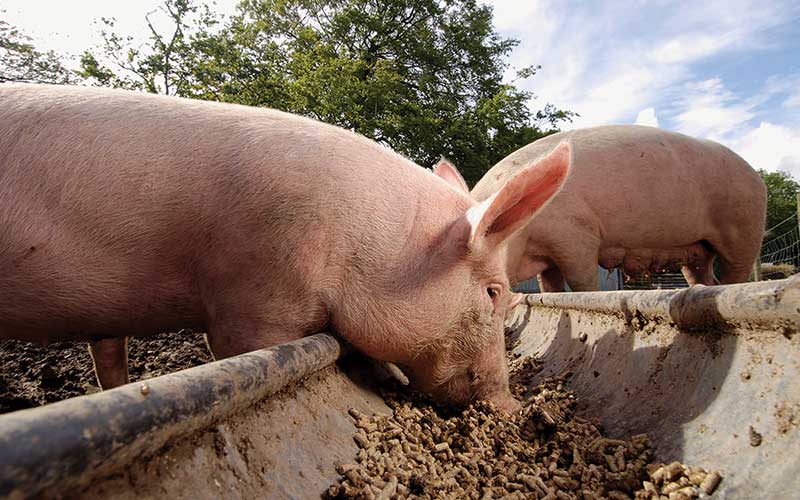
Pigs eat feed pellet
In addition, other studies have also shown that the feed conversion efficiency is better when the particle size is small (that is, the crushed is finer) than when the particle size is coarse. However, few studies have examined the additive effects of pelleting and fine crushing on feed conversion efficiency.
Two trials were conducted in this study. The raw materials used in the two experiments (the main raw materials are barley [41%], wheat [36%] and soybeans [19%]) and nutritional indicators (digestible energy 13.6MJ/kg, crude protein 16.7%, total lysine 9.6g/ kg) are the same. The only difference is the form of the ration, that is, powder or pellets, and the size of the crush.
The finely pulverized diet is processed with six 4mm sieves, and the coarsely pulverized diet is combined with two 14mm and four 10mm sieves. See Table 1 for the comparison of the coarse and fine crushing process of the diet. The particle size of the coarsely pulverized diet is similar to the results produced by the pulverization process commonly used in family farms.
Table 1. Pellet size distribution in coarsely crushed and finely crushed diets.
| Table 1. Particle size distribution in coarsely crushed and finely crushed diets. | ||
| Granularity% | fine | Crude |
| >2mm | 0.5 | 6.7 |
| 1.4-2mm | 12.7 | 34.0 |
| 0.5-1.4mm | 59.0 | 41.2 |
| <0.5mm | 27.7 | 18.0 |
In experiment 1, a commercial pig farm in central Ulster (using Tempo and PIC337 hybrid offspring) had similar effects on growing pigs fed powder and pellets in the weight range of 55 to 110 kg (881 g/day). However, in terms of feed conversion efficiency, it was found that there was a 3% improvement in the number of feed pellets compared with powder feed, although there was no significant difference. For commercial pigs, when the diet is blown into the silo, there is a problem of separation of diet components in the meal. Although reducing the aerodynamic force can alleviate this problem, the transportation of powder in the auger conveying pipeline is indeed worrying.

Pig eat feed powder
In the second experiment, the AFBI test herd (Tempo hybrid offspring) was fed two kinds of powder or pellets of crushed size. Table 2 reports the production performance and feed cost calculation of the four diets for the experimental pigs. Similar to commercial pig herds, all diets yielded similar daily gains (917 g/day) (Table 2). However, compared with powder in Experiment 2, pellets yielded a 4.5% lower daily feed intake and improved feed conversion efficiency by 5.5% (Table 2). And the feed conversion efficiency of the finely pulverized diet is better than that of the coarsely pulverized diet (a difference of 3.1%) (Table 2). The effects of granulation and fine pulverization appear to be additive, and there are also large differences in the calculation results of feed costs.
Table 2. Production performance and feed cost (41.5 to 105 kg) of the experimental pigs fed with different diet forms.
| Table 2. Production performance and feed cost (41.5 to 105 kg) of the experimental pigs fed with different diet forms. | ||||
| index | Fine powder | Fine powder particles | Coarse powder | Coarse powder particles |
| Average daily gain (g/day) | 927 | 924 | 900 | 919 |
| Average daily feed intake (g/day) | 2465 | 2311 | 2442 | 2382 |
| Total feed consumption (kg) | 170 | 159 | 169 | 165 |
| Feed conversion efficiency | 2.66 | 2.50 | 2.72 | 2.60 |
| Cost of producing 1kg live weight* | 66.5p | 62.5p | 68.0p | 65.0p |
| Cost per ton† | £235 | £250 | £230 | £241 |
| * Assuming that the cost of all rations is £250 † Assuming that the cost of 1kg gain is fixed at 62.5p |
||||
* Assuming that the cost of all rations is £250
† Assuming that the cost of 1kg gain is fixed at 62.5p
Studies have shown that, compared with fine crushing, the production cost per ton of ration needs to be saved by £20 when coarse crushing is used to offset the shortcomings in feed conversion efficiency. In general, compared with pellets, the cost per kilogram of live weight is 1.8p higher when powder is used in the finishing stage. Neither the appearance of the diet (powder or pellet) nor the size (fine or coarse) of the ration had any effect on gastric ulcers in the two trials. In addition, it has no effect on carcass quality, i.e. backfat thickness or slaughter rate.
In Conclusion
Consistent with previous studies, the feed conversion efficiency of pellets is better than that of powders. The feed conversion efficiency of fine crushing is also better than that of coarse crushing. In addition, the effects of granulation and pulverization seem to be additive, and the difference in feed production costs between the two should be large to compensate for the difference in feed conversion efficiency.
Richi Machinery provides a full range of pig feed pellet production line and pig feed powder production line design solutions and equipment. If you are interested in our pig feed pellet machine or production line, please contact us for product details, videos and quotation plans. Look forward to your contact !
The above is the article for you: Research Finds That Pellet Feed Can Improve Pig Feed Conversion Efficiency. If you are interested in our products or project solutions, please contact us. We will give you the best product quality and the best price. Email: enquiry@pellet-richi.com
Related Product
Production Line Equipment
related News
- >Uzbekistan 10 t/h Large-scale Poultry Pellet Feed Processing Proje
- >600,000 Tons of High-grade Pig Feed Pellet Production Line Project
- >Build a Straw Pellet Feed Processing Plant With an Annual Output o
- >80 Tons/hour Large-scale High-end Pig Feed Pellet Production Line
- >It Is an Inevitable Trend for Cattle and Sheep to Feed Straw Biolo
- >Investment Cost and Equipment List of Pig Feed and Fish Feed Pelle
- >800 Tons/day Large Pig Feed and Concentrated Pellet Production Lin
- >How to Plan the Plant Area of the Fish Feed and Poultry Pig Feed P
- >40 Tons/hour Poultry Feed Line and 20 Tons/hour Pig Feed Line Proj
- >Can Cattle Eat Pellet Feed?
Here you can submit any questions and we will get back to you as soon as possible. We will not disclose the information you submit to anyone, please rest assured.
Copyright© 2022 Richi Machinery. All rights reserved. Site Map


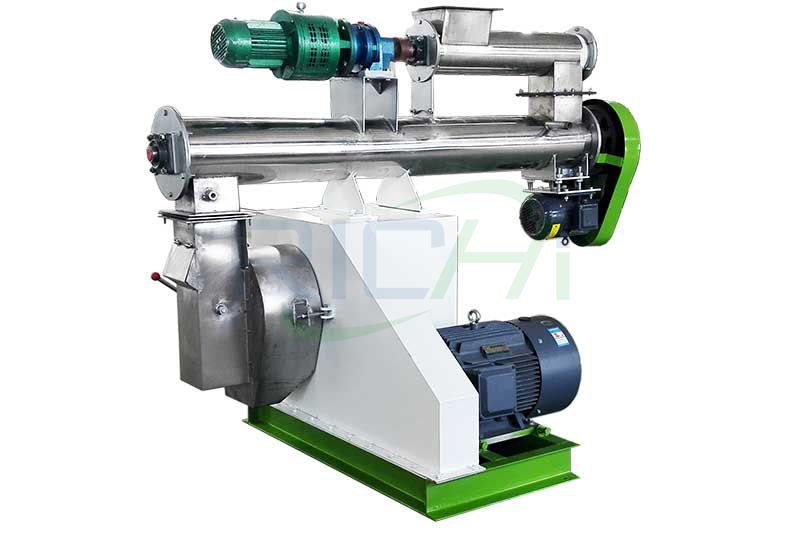
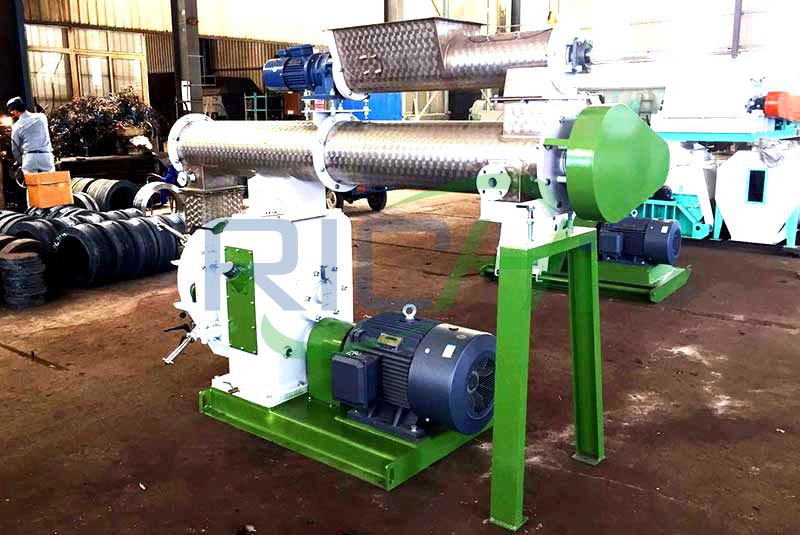
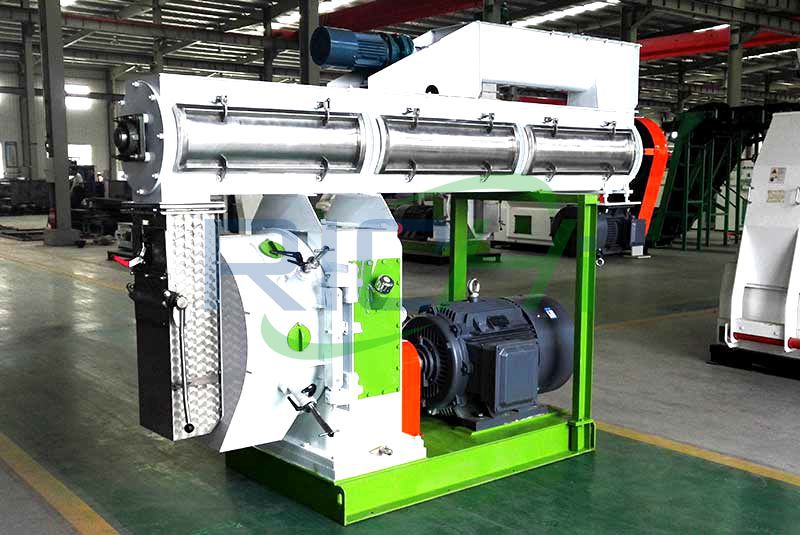
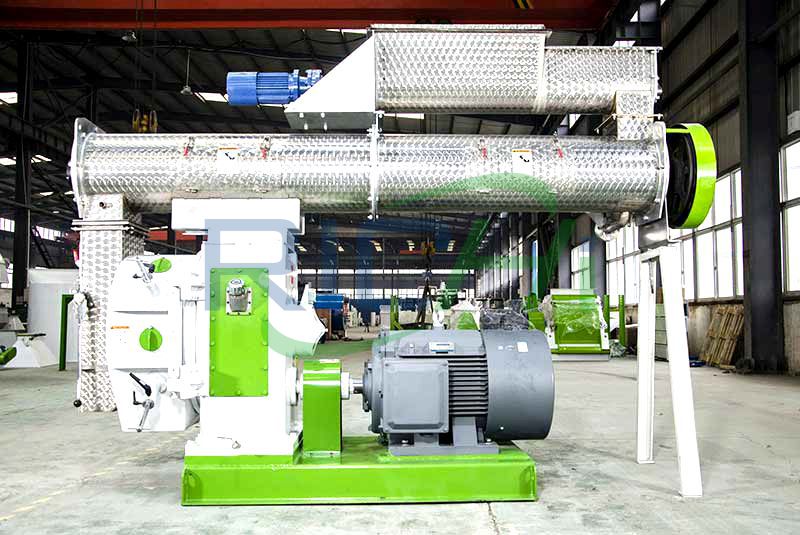
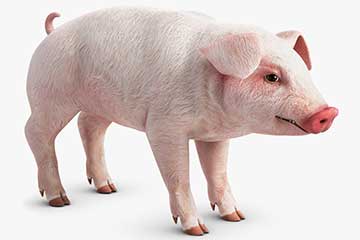
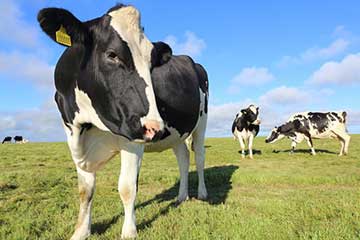
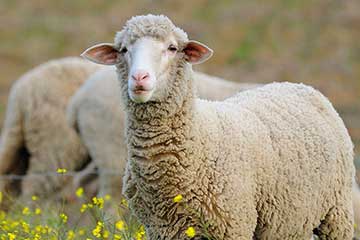
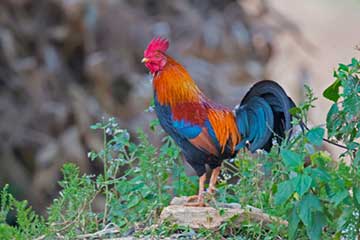
 Product Center
Product Center Get Latest Price
Get Latest Price